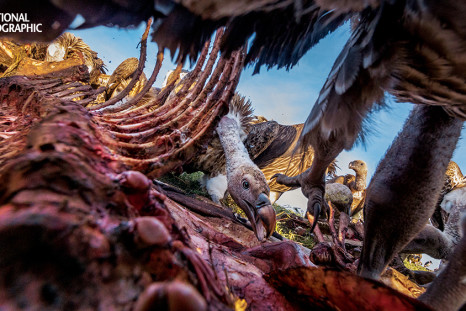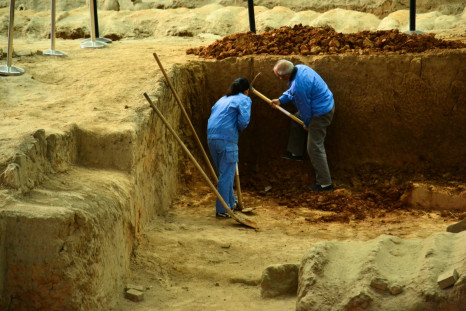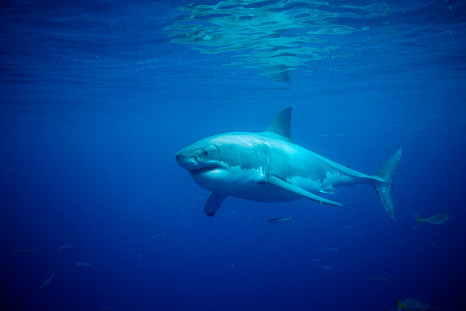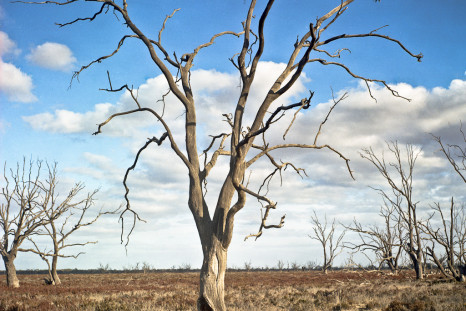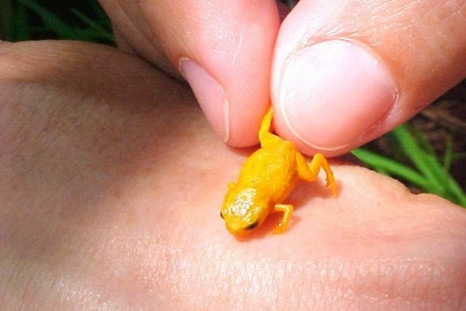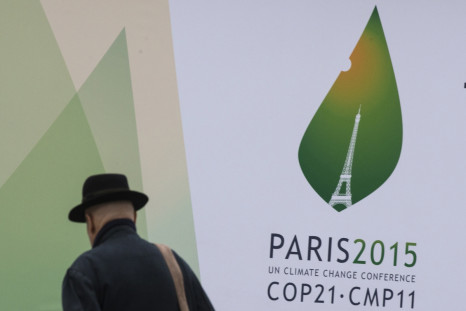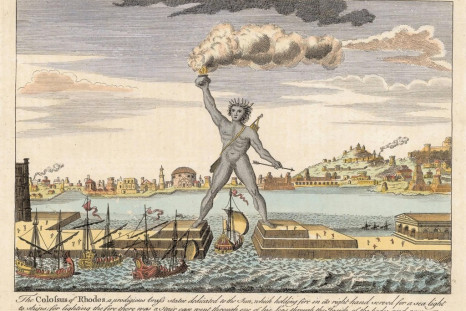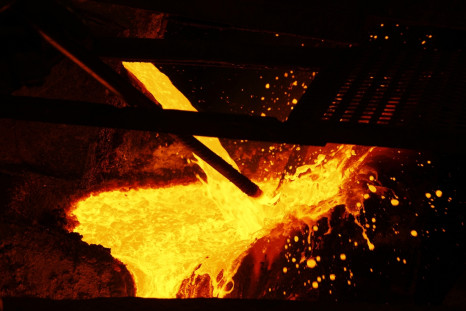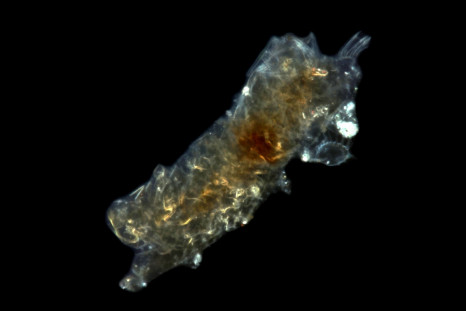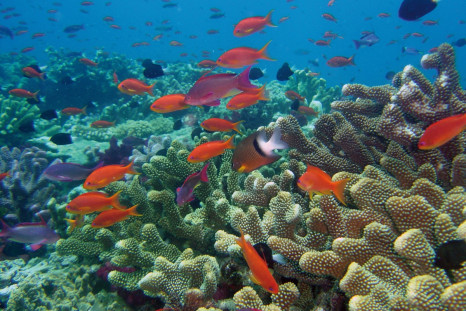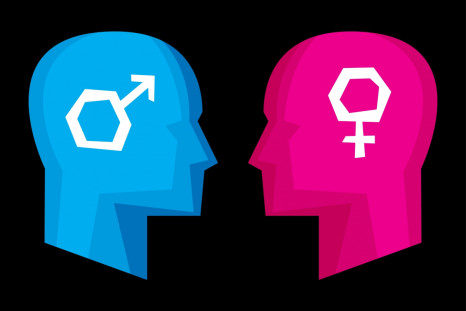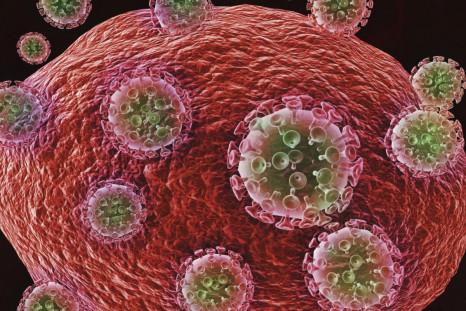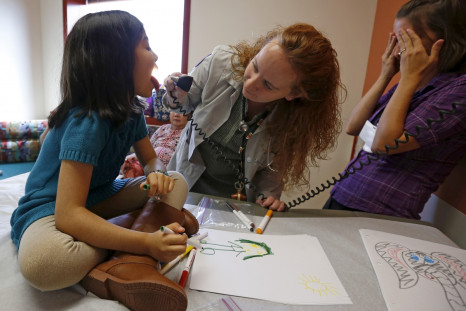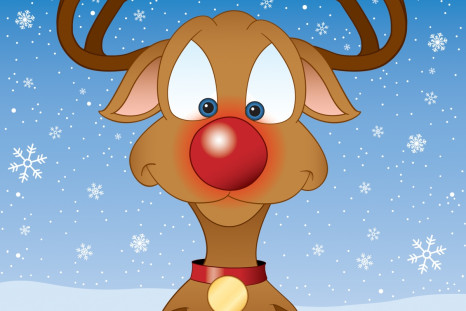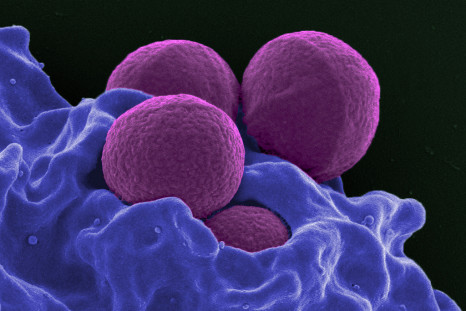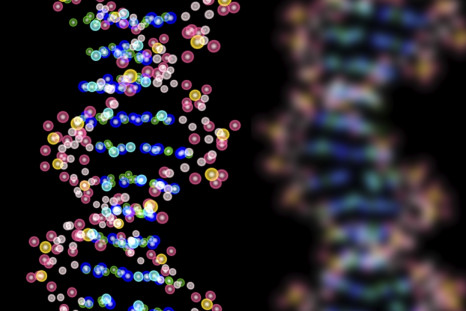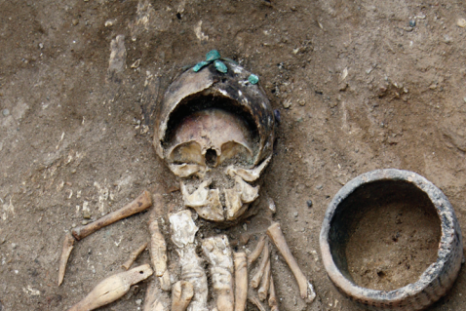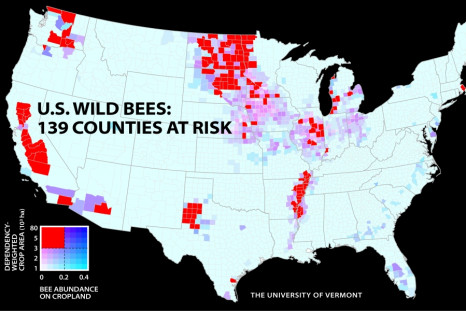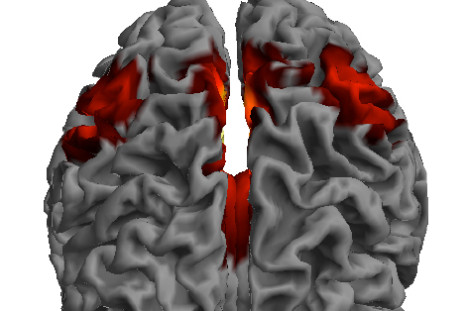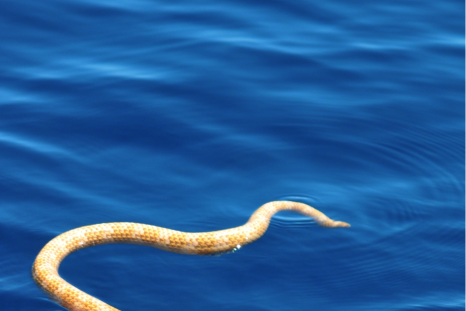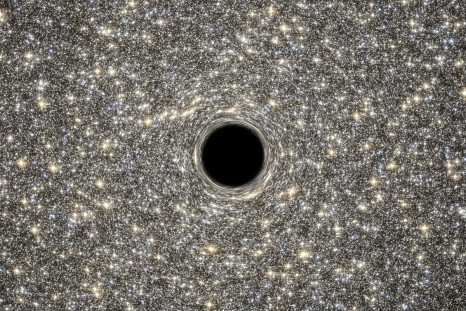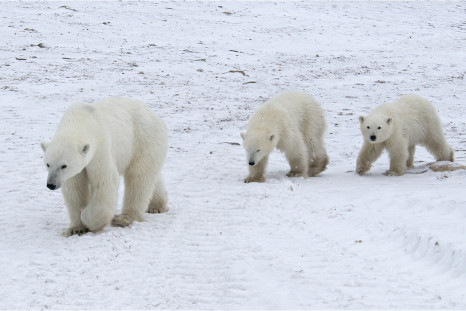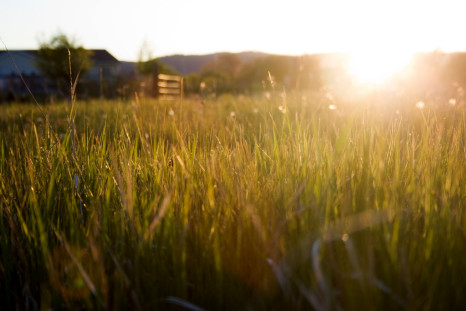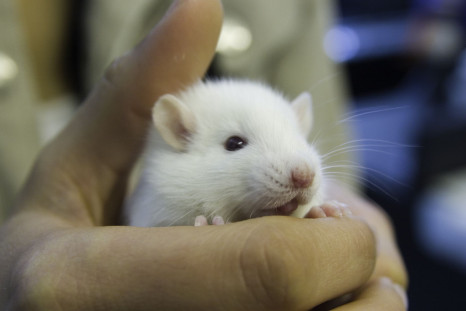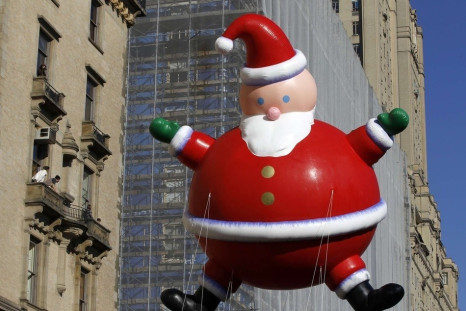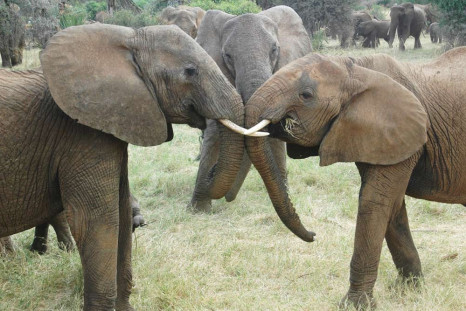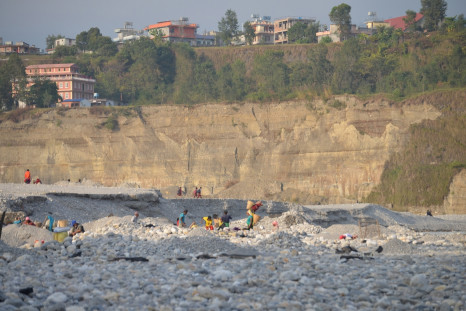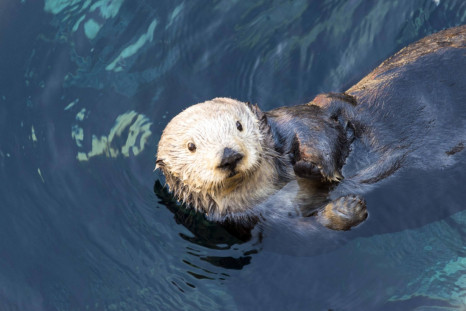More From Matt Atherton
Vultures dying out: Scavenger population in Africa faces same fate as India with 97% decline
Photographs from National Geographic's January 2016 edition explore the life of a vulture in troublesome times.
Dec 30, 2015
Archaeologists discover oldest Hoabinhian site ever in China
The site of south-east Asian hunter-gatherers dates back nearly 44,000 years, and is the oldest ever discovered.
Dec 30, 2015
Australia: Over 60 sharks spotted off New South Wales beaches
The sharks have been sighted at Jervis Bay and Port Kembala beaches; some up to double the size of humans.
Dec 30, 2015
58 million trees experience 'extremely threatening' drought in California
Millions of trees across 41,000 square miles of California are suffering from one of the worst droughts ever.
Dec 28, 2015
Blue Bastard, tiny frogs and a mysterious pink blob: Top five animal species discovered in 2015
IBTimes UK looks at our favourite new species discovered in 2015.
Dec 28, 2015
Climate Change in 2015: What happened this year?
COP21 and the infamous two degrees Celsius. What happened in 2015 to prompt these big measures?
Dec 27, 2015
Greece: The Colossus of Rhodes is to be rebuilt, costing more than £180m
The original Colossus was destroyed 2,000 years ago, but it will be rebuilt four times the size.
Dec 24, 2015
New super-strength metal can improve fuel efficiency of aeroplanes
A lightweight, extra-strong metal made from magnesium and nanoparticles has been created.
Dec 24, 2015
Hepatitis C sufferers 30% more likely to develop Parkinson's disease
Research shows people with hepatitis C at greater risk of developing Parkinson's disease.
Dec 23, 2015
Micro-animal water bears encase themselves in 'biological glass' to go decades without hydration
Researchers found how tardigrades go without water for so long - their proteins transform into glass.
Dec 23, 2015
Climate change: Cloudy oceans could give coral reefs the best protection
Hazy water can block sunlight from contributing to global warming in coral reefs, providing a refuge.
Dec 23, 2015
Sexism linked to 'dense grey matter' in the brain which causes anger, depression and anxiety
Antedeluvian attitudes are a precursor for anger and mental health problems.
Dec 23, 2015
Aids: First video released showing potential vaccine killing infected cells by 'inflammasomes'
Scientists have released footage of a new vaccine, MVA-HIV, attacking and destroying Aids-infected cells.
Dec 23, 2015
Acute flaccid myelitis: Rare paralysing polio-like virus spreads across Californian children
Virus has been found in 60 people in California since 2012; there weren't any cases in previous 14 years.
Dec 22, 2015
Science of Rudolph the reindeer's bright red nose shows why he is perfect for Father Christmas
Only reindeer could guide Father Christmas through the night - and Rudolph is key to their journey.
Dec 22, 2015
MRSA superbug filmed moving for first time prompting new vaccine research
MRSA Superbug recorded moving even though researchers believed it couldn't move at all.
Dec 22, 2015
Human intelligence genes identified in DNA bringing us one step close to cognitive engineering
Intelligence genetic discovery could help with research to find new treatments for neurological diseases.
Dec 22, 2015
Religion has been causing conflict for more than 2,500 years
Archaeological research shows religious states caused conflict as far back as 700 BC.
Dec 22, 2015
Russia: Ancient infant grave discovered with figurines used as rattles to ward off bad spirits
An infant buried 4500 years ago has been discovered with its toys laying on its chest.
Dec 22, 2015
Wild bee numbers have fallen across 23% of the US as map reveals 'hotspots' at greatest risk
Scientists have mapped wild bee population decline in the US, and it's not pretty viewing.
Dec 21, 2015
Future depression identified by looking at network in the brain
The default mode network in the brain has a stronger connectivity for those at risk of depression.
Dec 21, 2015
Australian short-nosed and leaf-scaled sea snakes, believed to be extinct 15 years ago, found in the wild
Two species of sea snake have been spotted in Western Australia, even though they were thought to be extinct.
Dec 21, 2015
Black holes can grow to 50 billion times the mass of the Sun... and then stop
Black holes use the gas floating around them as their 'food source'. Once it runs out, it cannot grow anymore.
Dec 21, 2015
Polar bears: How climate change is affecting them and ways we can help
Just 20,000 polar bears remain today but how can we protect their survival?
Dec 19, 2015
Humans changed the patterns of the natural world as soon as we existed
Humans disrupted the natural balance between pairs of animal and plant species 60,000 years ago.
Dec 18, 2015
Rat brains stimulated to find new treatments for Parkinson's disease
Researchers seeking breakthroughs on neurological disorders make rats unconscious or wide awake.
Dec 18, 2015
Santa's sleigh ride: Father Christmas's blood would boil and he would be starved of oxygen
No human could complete Father Christmas' duties on Christmas Eve. The 'Magic of Christmas' is all he needs.
Dec 18, 2015
Elephant social lives remain strong despite 70% loss of population
The social circles of African elephants is being maintained, even though generations are disappearing.
Dec 17, 2015
Powerful medieval earthquakes created the foundation of modern day Nepal town of Pokhara
Pokhara, Nepal, is built on the remains of three major earthquakes in 1100, 1255 and 1344.
Dec 17, 2015
Californian sea otters defy climate change by altering their lifestyle
Studies show that West Coast marine mammals are changing their environments and feeding habits
Dec 17, 2015
Pages
- PREV
- 7
- 8
- 9
- 10
- 11
- 12
- NEXT



